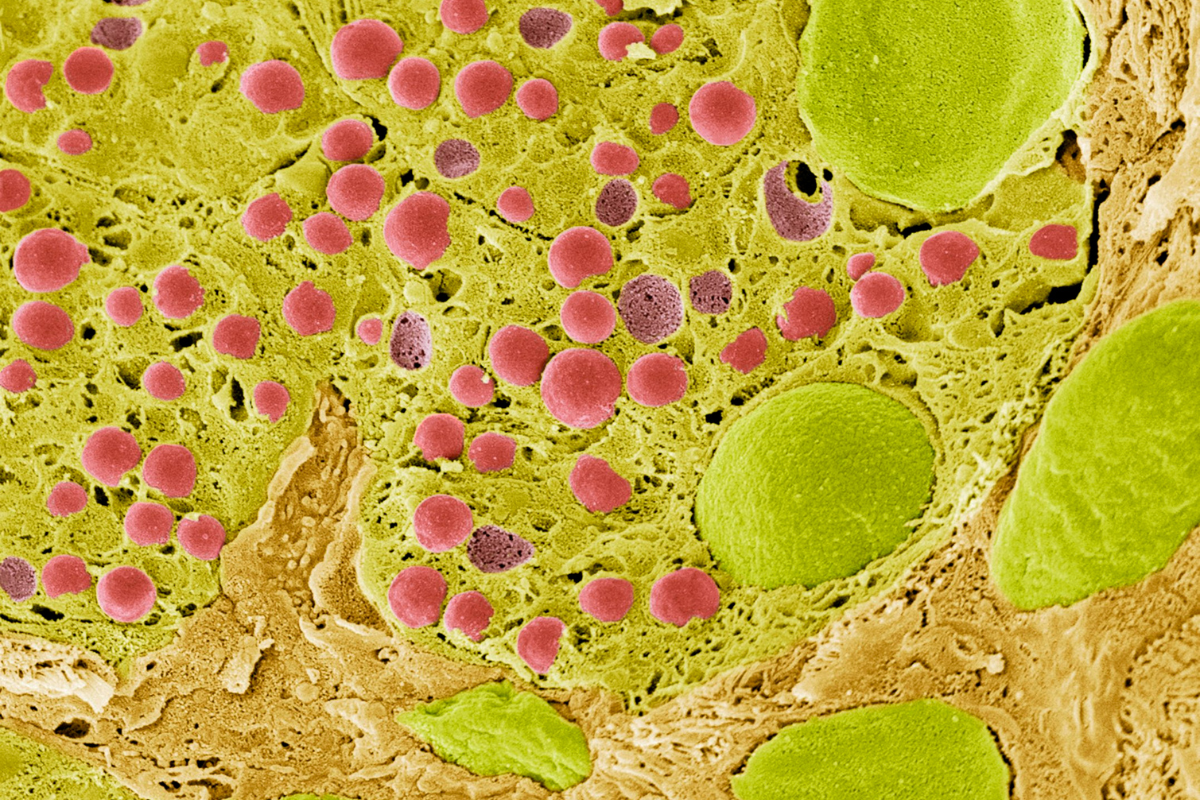Policy Issues for Responsible Genomics Research

What are the key policy issues in genomic research and medicine? How can the industry ensure responsible and ethical practices in the field?
This Industry Spotlight looks at the top 3 areas of concern for achieving ethical genomic-based research, testing, and applications.
1.) Genetic Discrimination
A significant public concern is whether participation in genetics research or testing will lead to discrimination. Genetic bias and stigma could include discrimination from employers and insurance companies, whereby an individual could be denied a specific job or financial securities based upon indications of poor health or disease susceptibility. As a result of this, some members of the public may decide against participating in clinical tests required for developing new therapies and cures for certain genetic disorders.
- FDA Clears Genomic Profiling Test for Solid Tumours
- Novel Genome Editing Techniques: What Will Come Next after CRISPR-Cas9?
- Genome Editing Technologies: Pioneering Approaches in Healthcare
The Genetic Information Nondiscrimination Act of 2008 protects against discrimination based on genetic information in health insurance and employment. The US policy prevents employers from requesting and/or using genetic information in employment decisions. It also protects against genetic discrimination during health insurance enrolment but does not cover long-term care, life, or disability insurance.
2.) Health Disparities
For genomics research and testing to be socially responsible it must be diverse. It is paramount that clinical trial participants reflect the diversity of the population. Improving health disparities also includes providing appropriate access to genomic services and a thorough understanding of how differing communities may receive genomics.
The National Human Genome Research Institute is making big waves in the effort to overcome health disparities. They aim to “ensure that all populations benefit from the advances of genomics research, and have the opportunity to participate in various ways, such as becoming research scientists, research participants and policy makers.”
Policy level initiatives the National Human Genome Research Institute has in place include:
- Clinical Sequencing Exploratory Research program: aimed at developing best practices as well as the ethical, legal, and psychological intimations of using genomic data in clinical decision making
- Clinical Sites with Enhanced Diversity program: aimed at recruiting a minimum of 60% of patients from a racial or ethnic minority population
3.) Intellectual Property: Gene Patent Policy
Gene patent policy has been much contested throughout the history of genomic investigation. Whilst the earliest genetic patents date back to 1982, the Supreme Court has since ruled that DNA in its natural form cannot be patented. Justifications for such policies derive from the Title 35 of the United States Code, which provides a criterion for patent applications.
The Code states that a patent can only be granted on “any new and useful process, machine, manufacture, or composition of matter, or any new and useful improvement thereof.” Because DNA is a natural phenomenon, it cannot, just like laws of nature and abstracted ideas, be patented. However, modified cDNA is patent eligible because it involves an inventive step.
Get your weekly dose of industry news and announcements here, and keep up to date with the latest ‘Industry Spotlight’ posts.
Visit our Omics Portal to learn more about the latest research into gene editing and its latest developments. If you’d like to register your interest for Oxford Global's upcoming Spatial Biology UK: In-Person event, click here.






